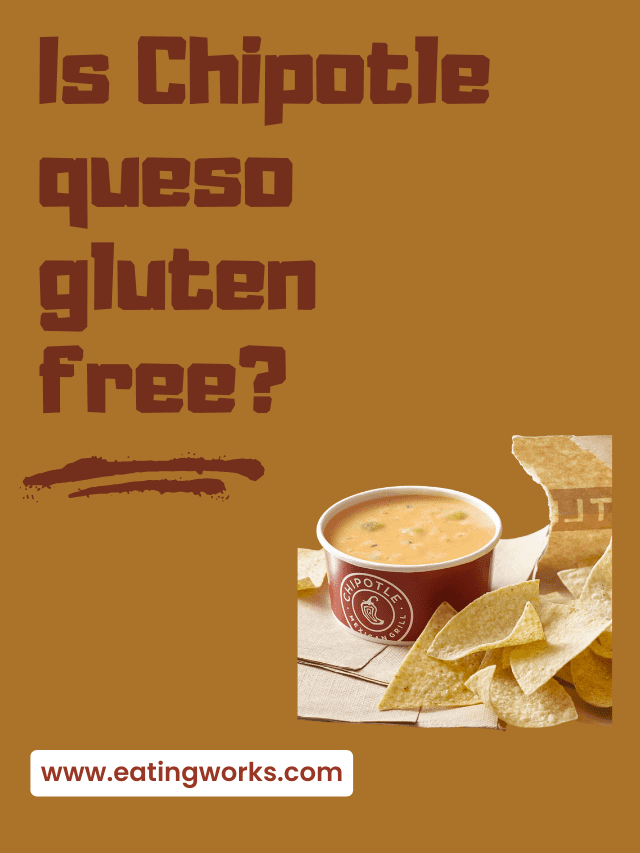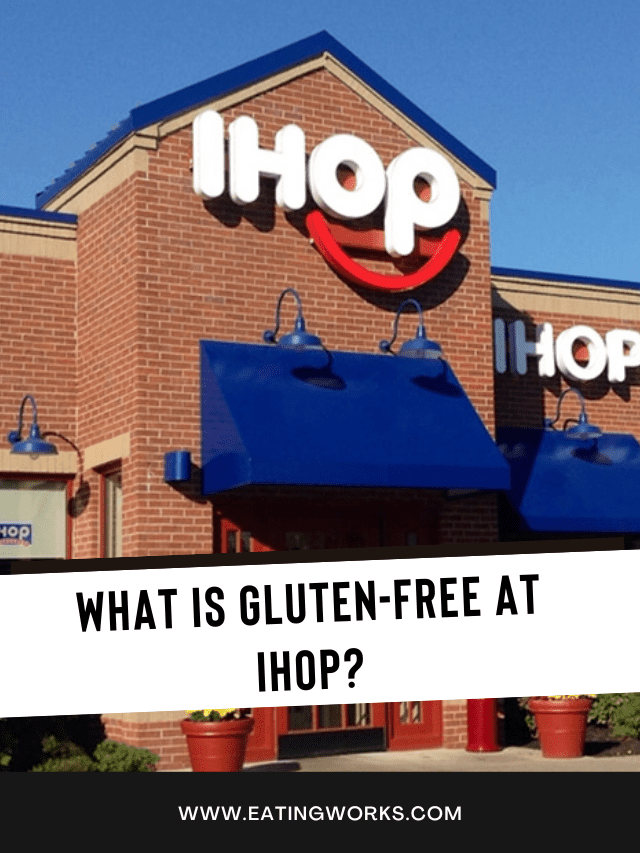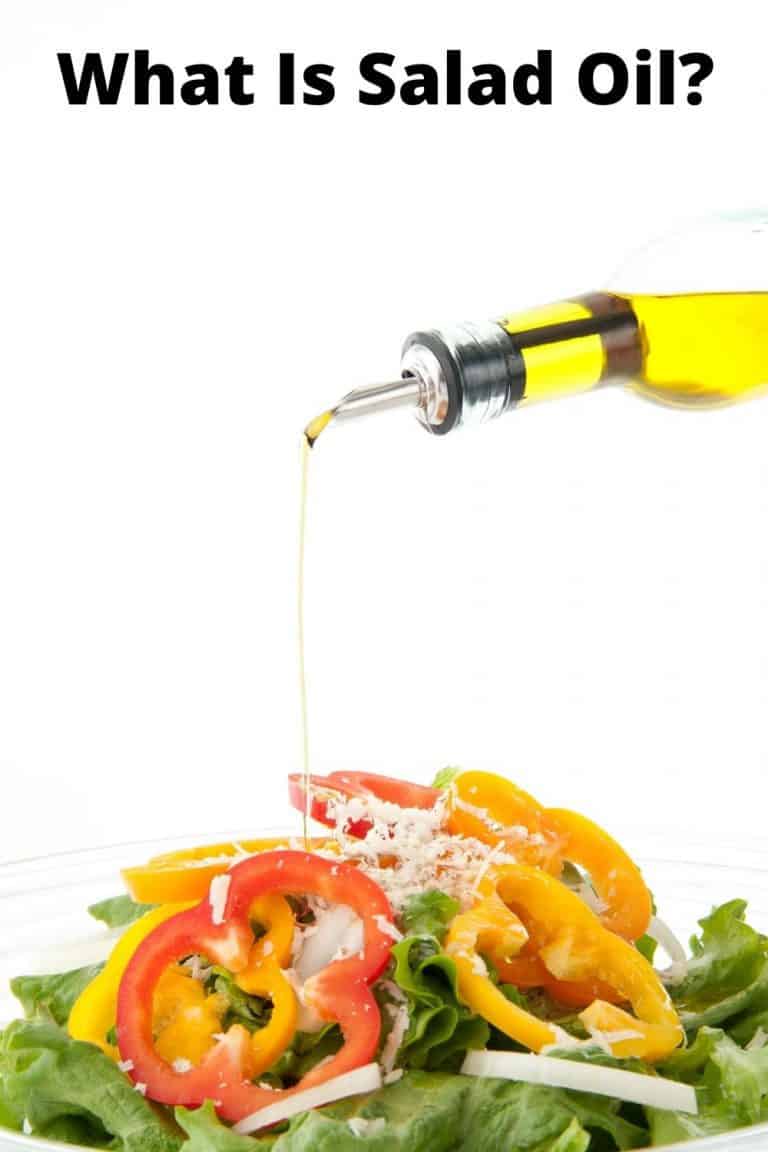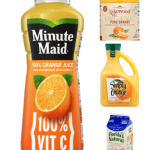Is Orange Juice Gluten Free? (What You NEED To Know!)
Is orange juice gluten free?
Quick answer: Yes. Pure, 100% orange juice is typically considered gluten-free because it is made solely from oranges, which are naturally gluten-free.
Be sure to check out my which orange juice brands are gluten free Google web story!

This post may contain affiliate links. As an Amazon Associate I earn from qualifying purchases at no cost to you. See my Affiliate Disclosure to read my policy and more about affiliate links.
Table of Contents
- What is orange juice?
- How is orange juice made?
- What are the health benefits of orange juice?
- Are oranges gluten free?
- Is orange juice safe for celiacs?
- Is concentrated orange juice gluten free?
- Which orange juice brands are gluten free?
- What juices are gluten free?
- Is coconut water gluten free?
- Is coffee gluten free?
- Is tea gluten free?
- What alcoholic drinks are gluten free?
- Do energy drinks have gluten?
- Is gatorade gluten free?
- What are the worst foods for celiac disease?
What is orange juice?
Orange juice is a popular drink made from the juice extracted from oranges, which are a type of citrus fruit. It is one of the most widely consumed fresh fruit juices in the world.
How is orange juice made?
Orange juice is typically made through a series of steps that involve extracting the juice from fresh oranges.
Here’s a simplified overview of how orange juice is typically made:
- Harvesting: Oranges are harvested from orange trees when they are ripe. The timing of the harvest is key to ensure the fruit is at its peak flavor and juiciness.
- Washing and Sorting: The harvested oranges are thoroughly washed and sorted to remove any dirt, leaves, or damaged fruit.
- Juice Extraction: There are several methods for extracting juice from oranges:a. Hand Squeezing: In smaller-scale or artisanal operations, oranges may be hand-squeezed using a reamer or juicer to extract the juice.b. Mechanical Juicing: In larger commercial operations, mechanical juicers are used to extract the juice. These machines can process a large volume of oranges quickly.
- Filtration: The extracted juice may be passed through a filtration system to remove any remaining pulp, seeds, or solid particles, resulting in a smoother and clearer juice.
- Pasteurization: To ensure the juice’s safety, it may be pasteurized by heating it to a specific temperature for a short period. This process kills any harmful bacteria, enzymes, or microorganisms that could lead to spoilage.
- Deaeration: Air can cause the juice to deteriorate in flavor and quality over time. Deaeration is a process that removes excess air from the juice, helping to maintain its freshness.
- Concentration (Optional): Some orange juices are concentrated by removing a portion of the water content. This reduces the volume for storage and transportation, and the concentrate can be reconstituted with water before consumption.
- Packaging: The finished orange juice is packaged in various types of containers, including glass bottles, plastic bottles, cartons, or tetra packs, depending on the manufacturer’s preferences.
- Refrigeration or Freezing: Depending on the type of orange juice (freshly squeezed, pasteurized, concentrated), it may be refrigerated or frozen to maintain its shelf life and freshness.
- Distribution: The packaged orange juice is distributed to stores, supermarkets, and other retail outlets for consumers to purchase.
It’s important to note that the exact manufacturing process may vary between brands and the type of orange juice being produced (freshly squeezed, from concentrate, etc).

What are the health benefits of orange juice?
Here are some of the potential health benefits of orange juice:
- Rich in Vitamin C: Orange juice is a great source of vitamin C, which is essential for a healthy immune system.
- Heart Health: The potassium content in orange juice can help regulate blood pressure and contribute to heart health. Additionally, the antioxidants in orange juice may help reduce the risk of heart disease by preventing the oxidation of LDL cholesterol.
- Skin Health: Vitamin C promotes the production of collagen, a protein that helps keep your skin healthy and youthful.
- Improved Digestion: Some commercial orange juices are fortified with added fiber, which can aid in digestion and promote regular bowel movements. However, pure oranges are a better source of dietary fiber.
- Hydration: Orange juice has a high water content, which can help keep you hydrated. Proper hydration is essential for overall health and well-being.
- Reduced Inflammation: The antioxidants in orange juice may help reduce inflammation in the body, which is associated with various chronic diseases.
- Great Source of Essential Nutrients: In addition to vitamin C and potassium, orange juice contains other essential nutrients like vitamin A, vitamin B9 (folate), and small amounts of calcium.
- Bone Health: Calcium-fortified orange juice can be a good source of calcium and vitamin D, which are essential for strong bones and teeth. These important nutrients can help reduce the risk of osteoporosis, especially in individuals who may not consume dairy products.
It’s important to note that while orange juice can provide these health benefits, it should be consumed in moderation.
Some packaged orange juices contain added sugar, which can contribute to weight gain and other health issues when consumed in excess.
How many calories are in a glass of orange juice?
Orange juice is an good source of vitamin C potassium, and essential vitamins other .
Are oranges gluten free?
Yes, pure oranges are naturally gluten-free.
What fruits are gluten free?
Fruits like oranges do not contain gluten, so they are safe to eat for individuals with gluten sensitivity, celiac disease, or those following a gluten-free diet.
Are apples gluten free?
Are apples gluten free? The quick answer is, yes.
All apples in their natural state are gluten free unless they have been processed in some way that causes them to come into contact with another gluten containing ingredient.

Are green apples gluten free?
Do green apples contain gluten (also known as Granny Smith apples)?
In short, no, they are naturally gluten-free unless they have undergone processing that exposes them to gluten-containing ingredients.

Is orange juice safe for celiacs?
Plain pure orange juice made solely from oranges is safe for individuals with celiac disease because oranges are naturally gluten-free, and the juice should not contain any gluten-containing ingredients.
However, celiacs should exercise caution when consuming commercially packaged orange juice. Cross-contamination can occur in processing facilities or during packaging, where shared equipment may come into contact with gluten-containing products.
Is concentrated orange juice gluten free?
Orange Juice Concentrate is gluten free. Orange Juice Concentrate should be safe for patients with celiac and other gluten-related disorders.
Which orange juice brands are gluten free?
- Tropicana 100% Orange Juice
- Simply Orange Juice
- Minute Maid Orange Juice
- Florida Natural Orange Juice
- Lakewood Organic
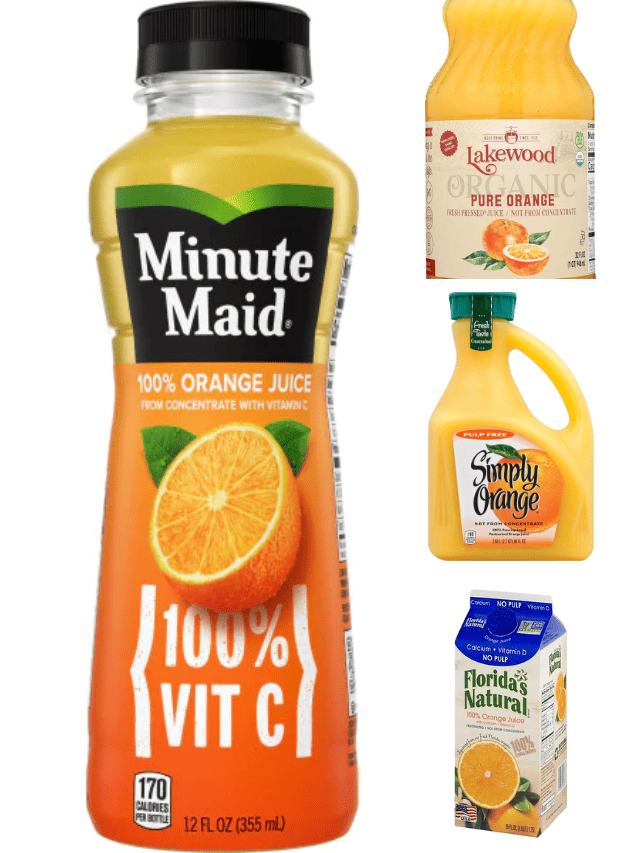
What juices are gluten free?
Because whole fruits are gluten free, apple juice, cranberry juice, tomato juice and all other types of fresh fruit juice drinks are gluten free as long as they are made from 100% fresh juice. But as with orange juice, manufacturers can add extra ingredients.
Is vegetable juice gluten free?
Vegetable juice concentrate is gluten free.
Vegetable juice concentrate should be safe for patients with celiac and other gluten-related disorders.
Is coconut water gluten free?
All raw, unflavored derivatives of coconut, including coconut water, coconut milk, coconut flour and coconut oil are gluten-free.
Is coffee gluten free?
Yes, plain coffee is naturally gluten-free. In rare cases, traces of gluten gluten gets into coffee as it’s processed or loaded with additives like creamer and syrups.
Is tea gluten free?
Most teas and herbal teas are naturally gluten-free provided they do not contain any artificial flavors or other gluten added ingredients.
What alcoholic drinks are gluten free?
Brandy, rum, and tequila are the top 3 best gluten-free alcoholic beverages.
Are hard ciders gluten-free?
Alcoholic “hard” cider is almost always naturally gluten-free.
Cider, or “hard” cider, is an alcoholic beverage made from fruits, typically apples.
Is Gin gluten free?
Is gin gluten free? I’m happy to report that the answer is yes! All alcohol made via the distillation process is gluten free because distillation eliminates gluten peptides.
Is Bud Light gluten free?
If you or someone you love has celiac or is on a gluten free diet you may be wondering, “Is Bud Light Gluten Free?” In this post I’ll go over why beer is not gluten free, best options and proper labeling.
Do energy drinks have gluten?
Energy drinks, typically do not contain gluten as a direct ingredient.
- Bang Energy Drinks
- V8 V Fusion + Energy
- Sambazon Amazon Energy
- Red Bull
- Aspire Energy Drinks
Is gatorade gluten free?
None of the ingredients in Gatorade’s drinks have gluten, so all their sports drinks are great for those with gluten intolerance or celiac disease
What are the worst foods for celiac disease?
If you have celiac disease you should einkorn, emmer, spelt, barley malt, wheat flour.
Celiacs should also stay away from emulsifiers, mono- and di-glycerides, seasonings, and caramel colors because they can contain gluten.
What breakfast cereals are gluten free?
Some natural gluten-free breakfast cereals include:
- Rice cereals.
- Corn cereals.
- Quinoa cereals.
- Buckwheat cereals.
Does ice cream have gluten?
Ice cream is gluten-free, but you should always check the ingredients list before consuming it especially if you have celiac disease or a strong gluten intolerance.

FREE 7 Day Gluten Free Meal Plan
A meal plan designed to jump start whole body healing and support digestive health……
…And get the latest recipes!


